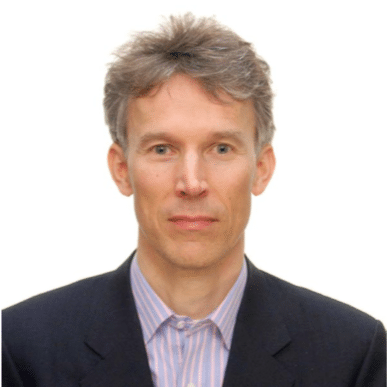6/7/2024

In an era where energy is both a critical need and a significant challenge, the EU-U.S. Just Transition Workshop on Energy Poverty, held on May 14, 2024, marked a pivotal moment in addressing energy inequities. Hosted by the Department of Energy (DOE), this workshop brought together a diverse group of stakeholders to discuss and strategize on ensuring a fair and equitable transition to clean energy. With an emphasis on international cooperation, the event underscored the importance of unified efforts in tackling energy poverty.
Enhancing U.S.-EU Cooperation
The workshop's primary goal was to foster stronger U.S.-EU cooperation on just transition policies, particularly concerning energy poverty. By delving into the complexities of energy poverty at various levels, the event aimed to share best practices and explore new growth opportunities. Deputy Head of Unit Eero Ailio from the European Commission and Shalanda Baker, Director of DOE’s Office of Energy Justice and Equity, kicked off the session by discussing the definitions and challenges associated with energy poverty. Ailio emphasized the need for a just transition, ensuring that energy remains affordable while becoming cleaner.
 Deputy Head of Unit Eero Ailio from the European Commission
Deputy Head of Unit Eero Ailio from the European CommissionInnovative Solutions and Investments
Throughout the workshop, experts highlighted innovative solutions such as green bonds and social impact investments, which support energy-efficient projects in underserved areas. These discussions stressed the importance of policies that incentivize private sector investment. The event showcased successful initiatives, demonstrating how localized solutions can effectively provide affordable energy to communities in need.
Multi-Level Implementation Perspectives
A significant portion of the workshop focused on the multi-level perspective on implementation, particularly at the state and local levels in the U.S., with EU representatives sharing their experiences and best practices. This segment underscored the necessity for tailored policies and improved government communication. In the U.S., energy poverty is measured by household energy burden and energy insecurity, with challenges including a lack of standardized data and a patchwork of programs. Conversely, the EU has recognized energy poverty since 2009 and provides financial aid to member states to address the issue.
Case Studies of Success
Several representatives presented compelling case studies from their respective regions, illustrating diverse approaches to combating energy poverty:
New York State: The Climate Leadership and Community Protection Act targets emissions reduction and renewable energy use, while the Energy Affordability Policy reduces energy costs for low-income households. The New Efficiency: New York initiative enhances energy efficiency, and the Clean Energy Fund supports clean energy projects for low- and moderate-income households.
San Diego: The Regional Energy Network (REN) focuses on pilot activities in underserved markets, offering incentives, financing, education, outreach, code compliance, and workforce training to ensure equitable service distribution.
Ireland: Approximately 30% of households were at risk of energy poverty in 2022. The Energy Poverty Action Plan includes income support, energy efficiency campaigns, and research programs, addressing the challenge of defining and targeting vulnerable populations.
Barcelona: Proactive measures against energy poverty include the Energy Poverty Advisory Hub and the Energy Advice Point, offering assistance, promoting energy rights, employment, and raising awareness about energy efficiency.
Unified Vision for a Just Transition
The workshop's discussions emphasized the importance of considering national and local contexts in addressing energy poverty. The EU's flexible approach allows member states to implement funds at national and sub-national levels, avoiding overregulation. In the U.S., regional trends necessitate a framework that balances centralization with flexibility to compare and address energy needs effectively.
Key Takeaways and Future Directions
Deputy Head Ailio and Director Baker highlighted the strategic partnership and commitment to working together on shared challenges. Ailio noted the priority of making energy affordable during the transition to cleaner sources, ensuring no one is left behind. Director Baker emphasized inclusive policymaking to address structural problems within the energy system that have historically created poverty for disadvantaged communities.
The EU-U.S. Just Transition Workshop on Energy Poverty reaffirmed the goal of a just and equitable energy transition. As the world grapples with climate change and social inequality, collaborative efforts like these are essential. For more information on DOE’s initiatives and to stay updated on their efforts to engage communities and center equity in the clean energy transition, visit the EJE blog webpage and calendar of events.
For more info, visit energy.gov
EU-US Just Transition Workshop on Energy Poverty - Presentations
